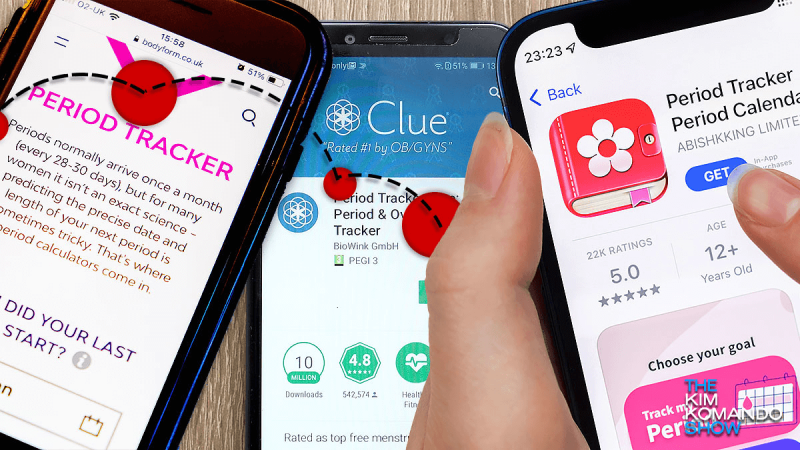It’s become normalized for data about our bodies and actions to be collected, quantified, and sold on the market. Facial recognition and body scans have become necessary to travel. Employer health insurance can require divulging health information from blood pressure to sexual activity in order to access care. Colleges and universities are subjecting students to e-proctoring and glorified spyware, while Amazon requires delivery drivers to sign “biometric consent” forms.
For someone struggling to get pregnant or desperate to avoid it, the exchange of privacy for the information needed to manage their reproduction may make a lot of sense. During these sharp moments of political crisis, however, we start to feel how thin the membrane can be between the benefits and the criminalizing potential of these technologies.
…
The question here is what to do with these technologies when they’re used to criminalize, coerce labor, and extract profit, and whether they can be repurposed or should be dismantled. For many, this can mean relying on individual hacks to evade or confuse surveillance. There are limits, though, to relying solely on these autonomous strategies if we’re thinking about building the conditions for collective liberation. Taking a longer view of the logics and structures of our data-saturated society can help us better understand what got us here—and which strategies can be used to avoid reifying these same systems.































